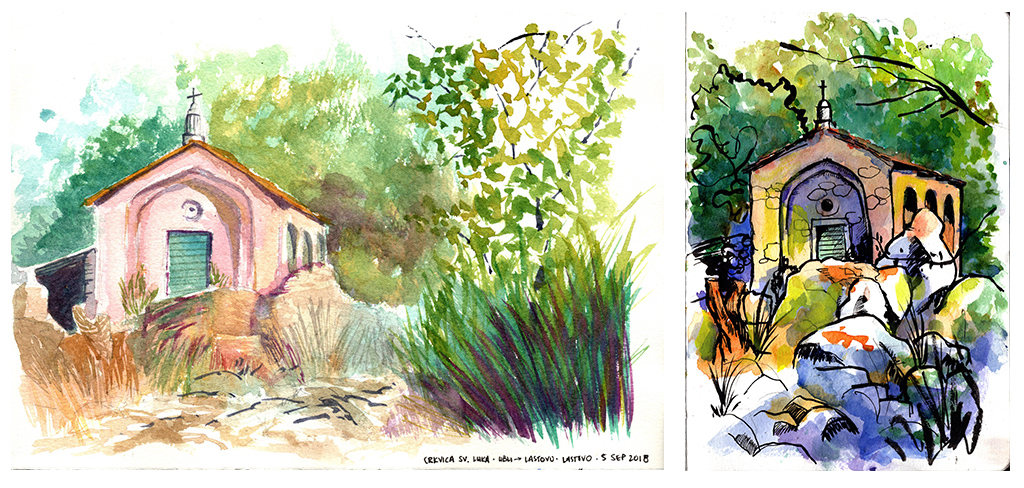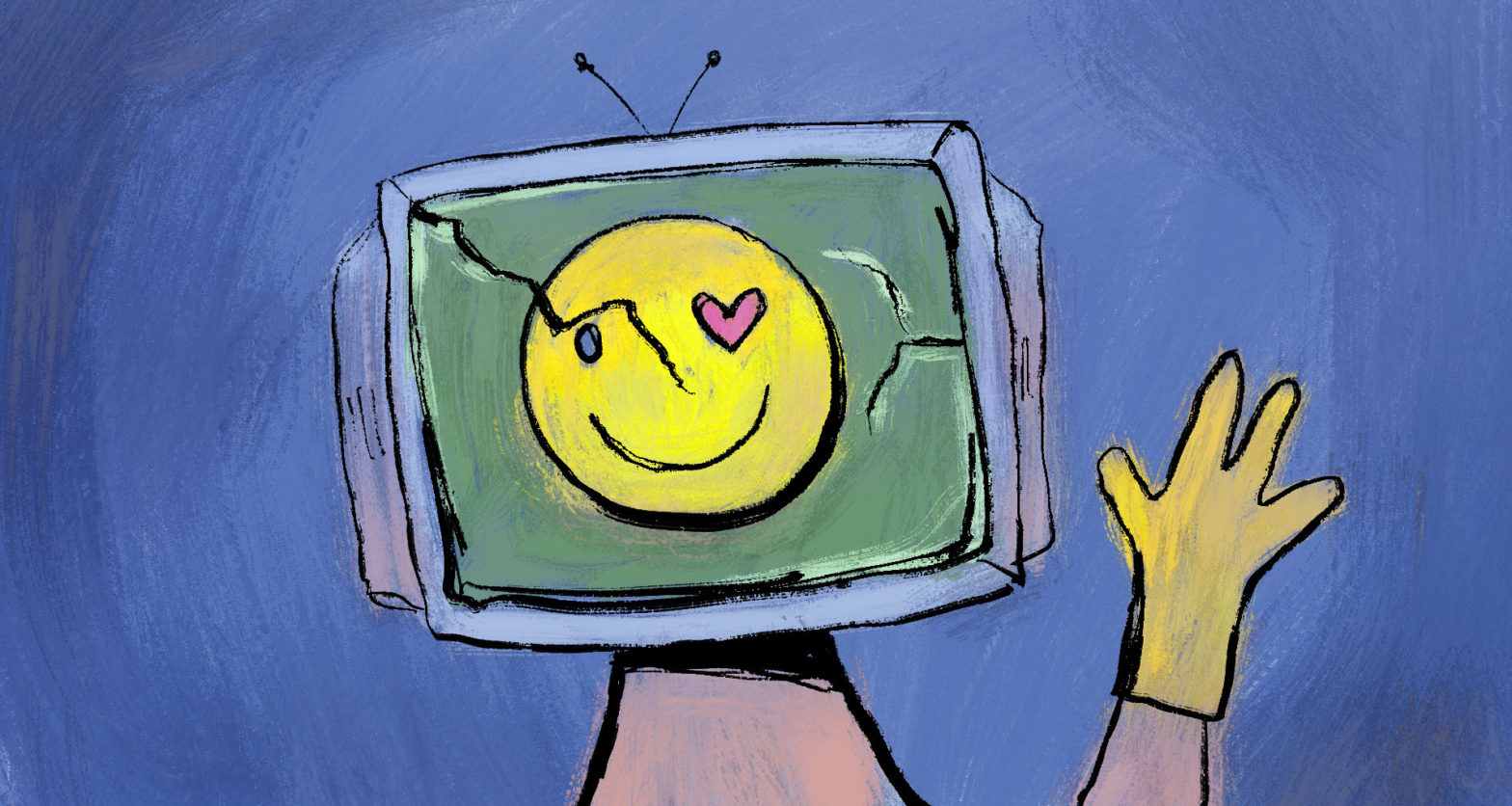It’s 2018, and in 34-degree heat, my partner and I trekking through the still forests on Lastovo, the furthest island from the Croatian mainland that is still considered Croatia. We’re looking for Crkvica Sv Luka (St Luke’s Church) – the oldest church that exists on Lastovo. I still remember the soft, golden light of that afternoon, the peace that comes from being miles from anywhere. The trees tower above us, and, as we climb higher up the mountain, the treetops thin out, baring dusty rocks (and our skin) to the searing heat. We turn a corner and suddenly, there it is – the church.
Now, I can’t be sure whether what I’ve just written is factually accurate. If you ask my partner, she describes it as a very different moment. She remembers the violent thirst and hunger from setting off without eating breakfast and following signs that aren’t in a language we can understand. She thinks I describe, with intense inaccuracy, the romance of that afternoon, I still believe it wasn’t any other way. But instead of being frustrated with each other about not being able to remember the factual events, we’ve come to realise that the debate itself – the differences in our perception of what happened – is indeed the gloriousness of that shared experience.
We’re what some people now call “Urban Sketchers”. We carry some basic art supplies with us, mostly pen and watercolours, and we use those tools to document what we see. Where some people rely on cameras and photos to trigger memories of places they’ve been, we decide to tell the story of our travels through our purposely skewed perceptions of the world.
Back on the mountain, struck by the church, we both pick a spot to sit – I choose a particular rock that gives me, what I think, is the perfect angle. She picks a different rock, but for the same reason – to her, the one she chooses is perfect. We are only 1 metre away from one another. We pull out our art supplies and begin, with remarkable inaccuracy, to document what we see and feel.
For about 30mins, we’re in our own worlds. No talking, no sharing. It is just each individual and the church. The materials and colours we choose to capture are inherently and unavoidably biased. Accuracy of the reflected light is not the goal – a photographic image will capture that just fine. No, what we’re doing is capturing a multi-sensory experience across a span of time that far exceeds the snap of a camera shutter.
We are including and excluding things that will build individual and intense neural pathways to form deep memories of this moment. We will not recall the moment as captured by the software-skewed process of digital photography, we will recall our perception. The walk to the church, the hunger we feel, the change in light as the sun moves overhead whilst we attempt to capture elusive light and shadow as it changes from second to second.
As we finish our sketches, it feels as though we’ve spent an entire afternoon studying this one moment. In fact, the objectivity of the clock tells us it’s only been forty minutes. We emerge from our deep, individual focus and concentration for the glorious moment of looking at each other’s work. The page on which we’ve scribbled becomes a rosetta stone – a tool that we can use to more deeply understand what’s important to one another and how each of us views and feels the exact same experience, just one metre away.

My partner captures a saturated golden light that, despite staring at the exact same thing just moments before, I swear I did not see. Instead, I was taken by the blushed pink wall that she swears was just not there. For her, the stone pathway leading toward the church, cast in deep and dappled purple shadow, the one we followed to arrive there, was significant. For me, the long, golden, spinifex-like grass a much more significant feature. What grass? she says to me, even 2 years later. There was never that sort of grass there, she swears.
And in a world that strives for scientific objectivism and perfectionism as the ultimate goal to work towards, the simple act of sketching has shown us that there is immense and overwhelming beauty in our imperfect truths.
When we return home, we are loaded with filled sketchbooks, stories, and photographs (yes, we still take photos). What’s most interesting about the process of sharing our holidays with our loved ones is that all they seem to care about are our sketchbooks. They will literally spend hours leafing through our books – comparing one image to another. Deep and interesting conversation is sparked when they come across something I’ve decided to sketch but she hasn’t, or vice versa. “Why was this important or not important?” These conversations don’t happen with photos.
Sketching together in this way gives us both a richer, deeper understanding of one another. It’s a constant reminder that however objective we think the world is, there are literally millions of tiny biological and contextual differences between how we both experience a moment in time. It has made us more patient and more curious with one another but also with the people and strangers we interact with on a day-to-day basis. Humans are, for want of better words, broken robots – imperfect beings with imperfectly tuned sensors. And in a world that strives for scientific objectivism and perfectionism as the ultimate goal to work towards, the simple act of sketching has shown us that there is immense and overwhelming beauty in our imperfect truths. And we prefer it that way.
